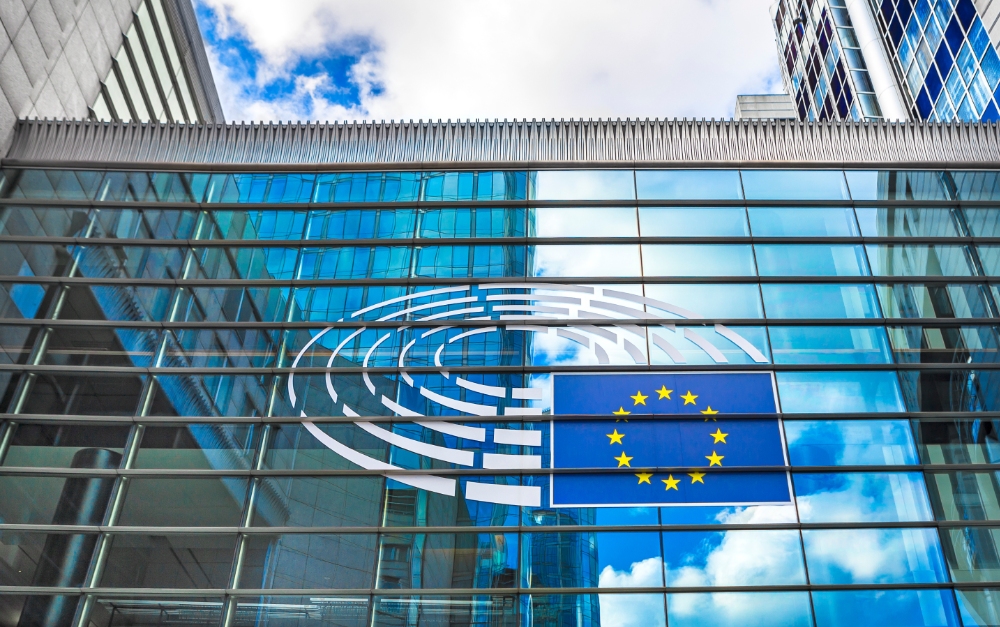European Parliament vote on CSRD a backward step for EU leadership
Published date: 18 November 2025

Cutting companies in scope ‘misjudges interests and needs of business’
Last week, the European Parliament voted on the Omnibus package – a series of legislative changes that cover both the Corporate Sustainability Reporting Directive (CSRD) and the Corporate Sustainability Due Diligence Directive (CSDDD), agreeing to cut the number of companies in scope significantly.
GRI’s position is that this decision runs counter to business interests. It is also unlikely to achieve the simplification sought, as it leaves thousands of companies in limbo about how to satisfy stakeholder interest in their sustainability performance.
Under the majority position agreed by parliamentarians on 13 November, the threshold for companies reporting under the CSRD would be raised to 1,750 employees and €450 million in revenues. This would remove the vast majority of companies previously included – and mean far fewer are in scope than was the case for the Non-Financial Reporting Directive (NFRD), which the CSRD has replaced. Meanwhile, for the CSDDD, the threshold was raised to 5,000 employees and revenues of €1.5 billion, with the removal of requirements to provide climate transition plans.
It also runs counter to the wide umbrella of 480 businesses, investors and other leading organizations that have backed a joint public call, co-sponsored by GRI and partners, for core EU sustainable finance rules to be protected through the Omnibus simplification process.
The position adopted by the European Parliament is a backward step for the EU – and undermines European leadership on sustainability. Should this position prevail, the EU risks misjudging the interests and needs of business, which is to pivot toward sustainability as a source of resilience and competitive advantage. Transparency via disclosure is a means to achieve this goal – yet sustainability reporting at scale is now in jeopardy.”
Robin Hodess, CEO of GRIWith the reduction of the companies in scope of the CSRD by 92% – removing all but the largest tier of multinationals – it will be more difficult for investors, policymakers, other stakeholders and companies themselves to access the decision-useful data needed to support sustainable growth.
GRI proudly contributed to the development of the ESRS, shaping Europe’s double materiality approach to sustainability reporting, on the back of nearly 30 years’ experience in enabling voluntary reporting by thousands of companies. GRI stands ready to work with EU institutions to achieve their aims, including through the Trilogue negotiations that will follow, to promote the level playing field necessary for a sustainable and competitive economy.